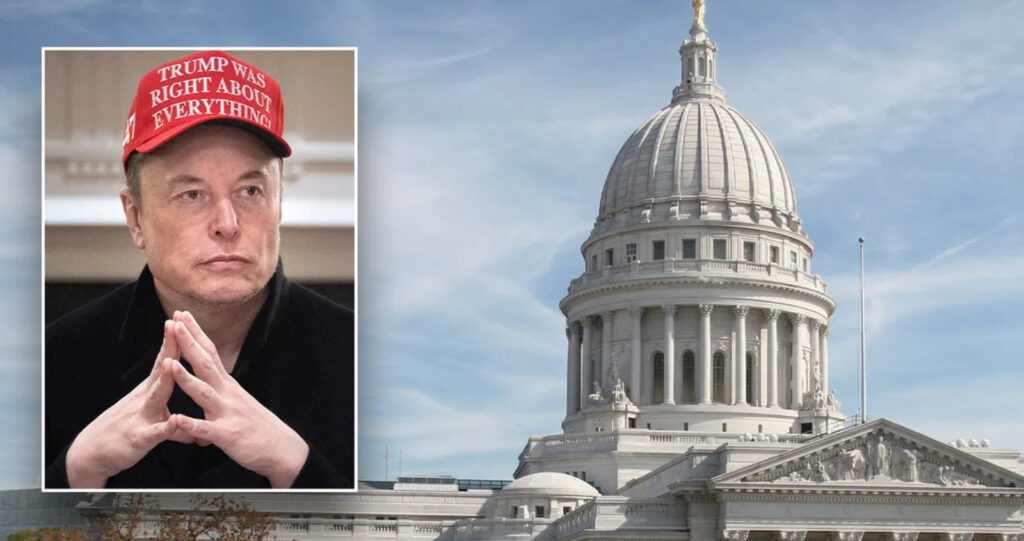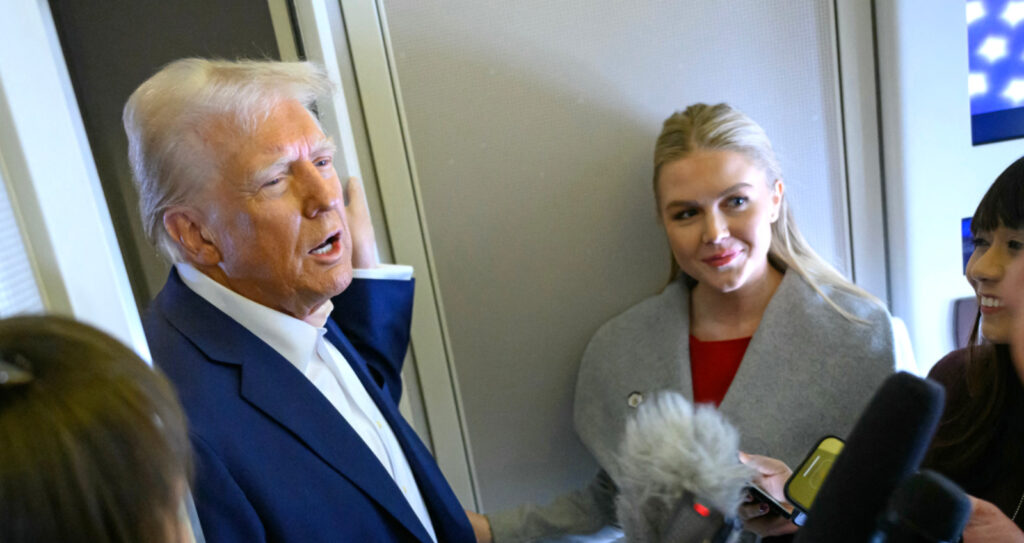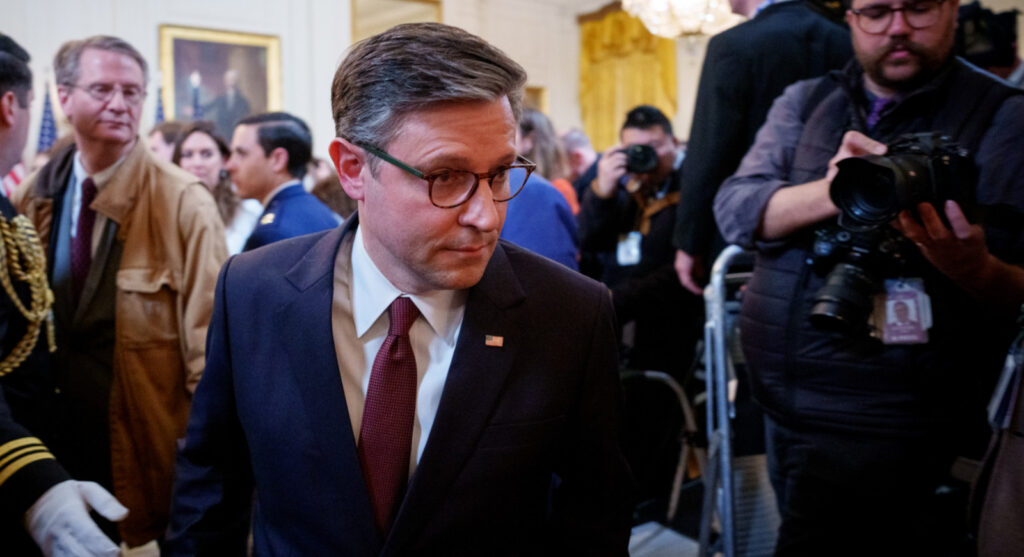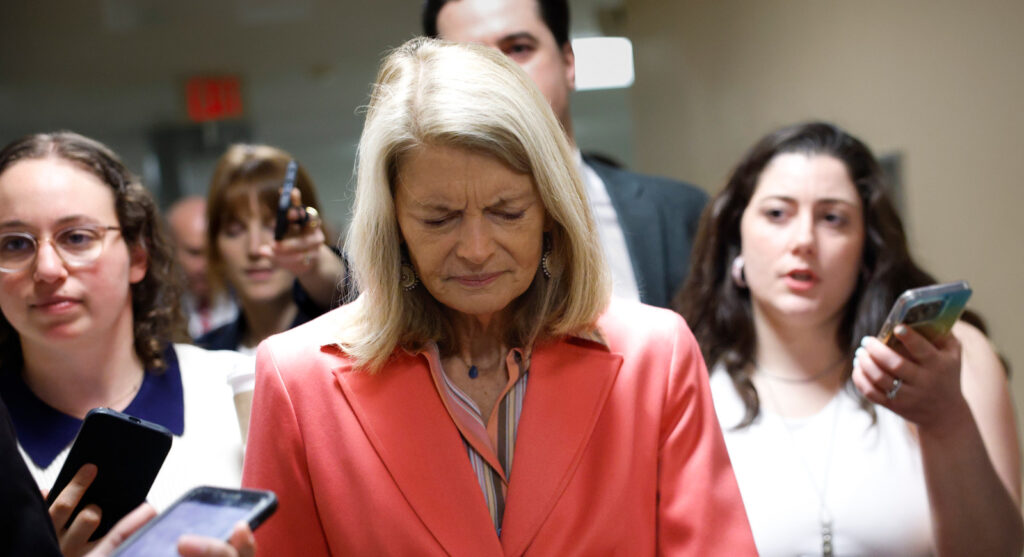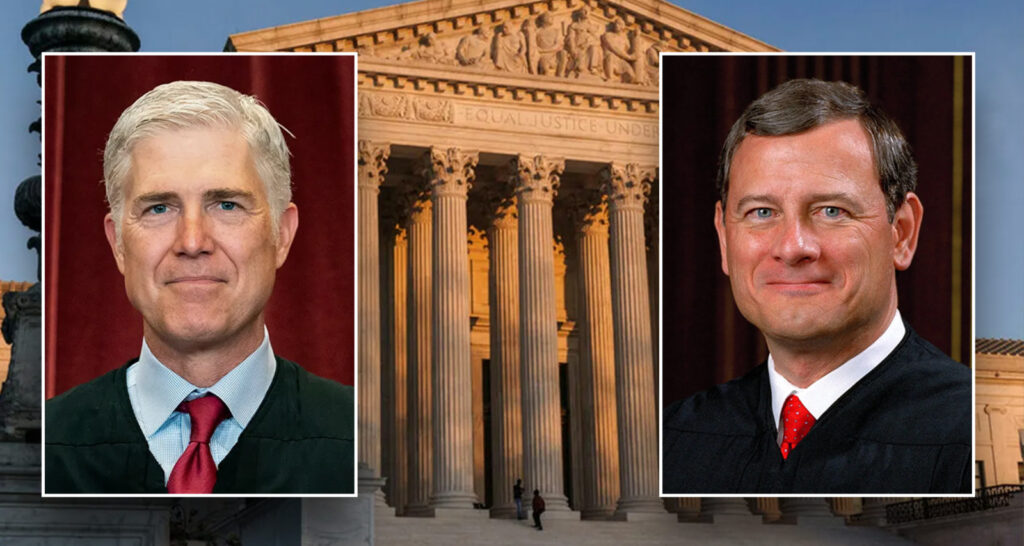Supreme Court Justices Neil Gorsuch and Chief Justice John Roberts joined the Court’s left-leaning justices on Tuesday in a narrow immigration ruling that could signal the justices’ approach in upcoming immigration-related cases.
The 5-4 decision in Monsalvo Velazquez v. Bondi focused on the federal government’s interpretation of a 60-day “voluntary departure” window, a provision that allows certain immigrants—deemed to have “good moral character”—to leave the U.S. voluntarily within that period rather than face formal removal.
The court ruled that if a voluntary departure deadline under the 60-day timeframe falls on a weekend or a federal holiday, it must be extended to the next business day.
Writing for the majority, Gorsuch emphasized that this interpretation of the 60-day voluntary departure period is consistent with long-standing administrative practices, including those commonly applied in immigration law.
“When Congress adopts a new law against the backdrop of a ‘long-standing administrative construction,’ the Court generally presumes the new provision works in harmony with what came before,” Gorsuch said.
“Since at least the 1950s, immigration regulations have provided that when calculating deadlines, the term ‘day’ carries its specialized meaning by excluding Sundays and legal holidays (and later Saturdays) if a deadline would otherwise fall on one of those days,” Gorsuch added.
He went on to note that the 1996 Illegal Immigration Reform and Immigrant Responsibility Act, passed by Congress, uses the same reading.
Gorsuch was joined in the majority opinion by Chief Justice John Roberts and Justices Sonia Sotomayor, Elena Kagan, and Ketanji Brown Jackson.
The ruling overturns the decisions of both the 10th Circuit Court of Appeals and the Board of Immigration Appeals, which had previously rejected this interpretation in the case of Monsalvo Velázquez, a 32-year-old Colorado resident ordered for removal in 2019.
While the case largely hinges on procedural technicalities within immigration law, the narrow 5-4 decision may signal how the Court could approach upcoming high-profile immigration cases—including those involving due process protections for migrants and legal challenges to nationwide injunctions blocking President Donald Trump’s birthright citizenship ban, Fox News reported.
Justices Clarence Thomas, Samuel Alito, Brett Kavanaugh, and Amy Coney Barrett dissented, arguing that the Supreme Court lacked jurisdiction to rule on the matter.
Thomas stated he would have sent the case back to the lower court to address unresolved issues, while Justice Barrett criticized the nature of the appeal filed by Monsalvo. In a separate dissent, Justice Alito rejected the majority’s interpretation entirely, asserting that the 60-day voluntary departure period is clear and should include weekends, Fox noted.
“There will always be a sympathetic pro se alien who is a day or two late,” Alito said. “Unless the Court is willing to extend the statutory deadline indefinitely, it would presumably be forced to say in such cases that a day too late is just too bad.”
“For this reason, sympathy for petitioner cannot justify the Court’s decision,” he said.
The narrow ruling comes just weeks ahead of May 15, when the Supreme Court is scheduled to hear oral arguments in a major case challenging President Donald Trump’s effort to end birthright citizenship in the United States.
The case is widely regarded as one of the most highly anticipated to reach the court since Trump returned to office.
Meanwhile, migrants from all over the world who began a trek to the United States under then-President Joe Biden’s open-border policies are now heading back home or choosing not to try to come under Trump.
On his first day in office, Trump signed a series of executive orders bolstering border security and re-implementing first-term policies Biden scrapped such as “Remain in Mexico,” all of which led to dramatic decreases in illegal crossings.
As such, the changes in policies have discouraged migrants from departing for the U.S. while causing others who were enroute to turn around, as noted by Reuters in a video report published this week.
